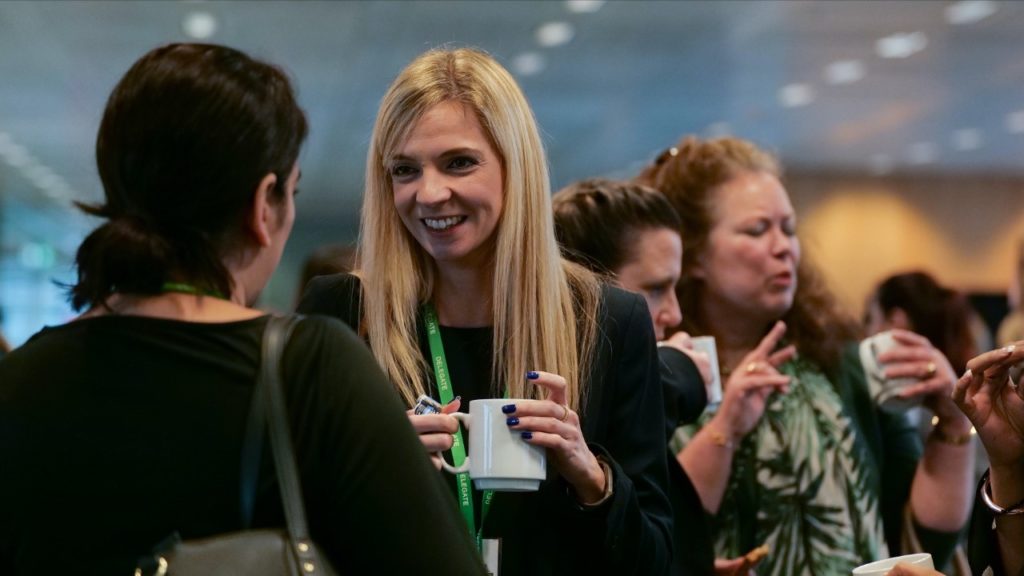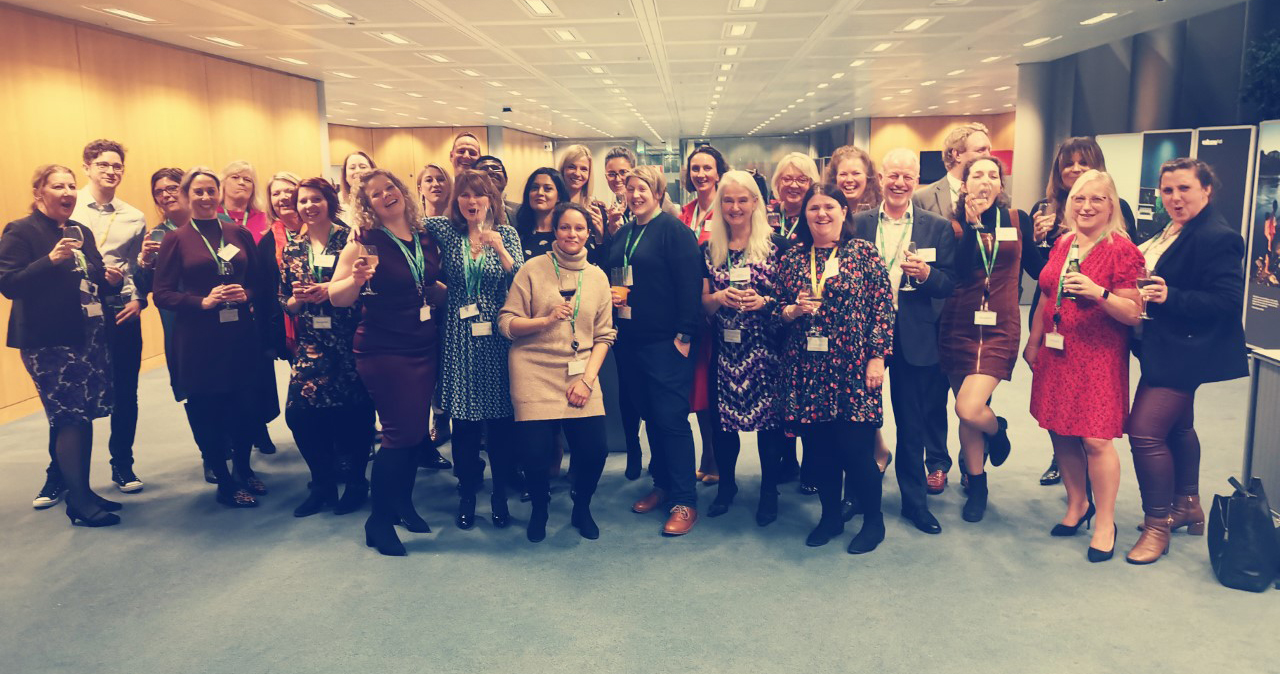Last week, Magenta’s client director Shahlia Nelson-Rogers and MD Jo Sutherland joined the Institute of Workplace and Facilities Management’s Women in FM (WIFM) special interest group for its annual conference at Wellcome Collection in Euston.
The event explored the importance of investing in culture, and the line-up of speakers discussed the intersection between ethics and psychology to reveal the things facilities managers have to consider as leaders of the employee and customer experience.

Moneypenny’s Claire Smith opened the conference with a deep dive into culture and its impact on the bottom line. Smith described how the telephone answering service Moneypenny has developed a thoughtful onboarding process for new starters replete with a handwritten welcome card, a box of chocolates and a rainbow ‘newbie’ lanyard. Onboarding also includes a pick ‘n’ mix of benefits that help to make dry topics such as GDPR more interesting (GDPR with ice cream, anyone?). There’s a reason this company has a staff churn of only 4%.
WIFM chair Nikki Lathbury opened our minds to the power of choice. For Nikki, ridding a former workplace from bullies was a calling not a choice. Where others stayed silent not to rock the boat, Nikki rocked the boat so hard that all the bullies fell out of it. Good on her, chimed the audience with their ‘whoop whoops’ and applause. This is the first of many steps involved in striving for service utopia, said Nikki, ensuring that there’s a culture that empowers and supports those that actually want to be there.
The morning sessions culminated in an interactive workshop, led by Liz Kentish (aka ‘Mama FM’) and Nick Court of Duane Morris, that was designed to unravel the complexity of decision-making. There are four steps involved in making each and every decision (and considering we make 35,000 decisions a day, that requires a lot of brain power). In no particular order, we need to review the objectives of each decision (what do we want the outcome to be?); we have to explore the context, the alternative options, and the consequences of getting it wrong (or right); we have to work out the priorities (do we value one thing over another?); finally, it’s decision time.
Why is this relevant for FM? As a people profession, FM needs to understand how it makes decisions to help guide teams through workplace and behavioural change. Expanding on this point, Kiran Kachela gave the audience a rundown of LEAN principles and how they can be applied to streamline services, breakdown barriers, improve flexibility and implement error-free processes designed to put the customer or employee front and centre.
Later we heard how and why the shared services and facilities team at the University of Oxford strives for customer service excellence at all times. The work environment at Oxford supports people who are searching for a cure to cancer. Reason dictates there must be no cause for them to ever complain about the lighting, the temperature or the air quality. This session reiterated the mismatch between what science knows and what the business world does. There’s often a disconnect. Customer service excellence demands tapping into the unseen intrinsic drive. It requires emotional intelligence. And remembering what it means to be human.
Mary Jane Flanagan, founder of MJ Inspire, said it’s not about trying to get the basics right. It’s about a commitment to excellence and injecting personality and life into everything you do. Building a framework for success involves recognising the contribution of the unsung heroes and working towards a shared vision. And that idea certainly came to life during the IWFM Women in FM conference.









